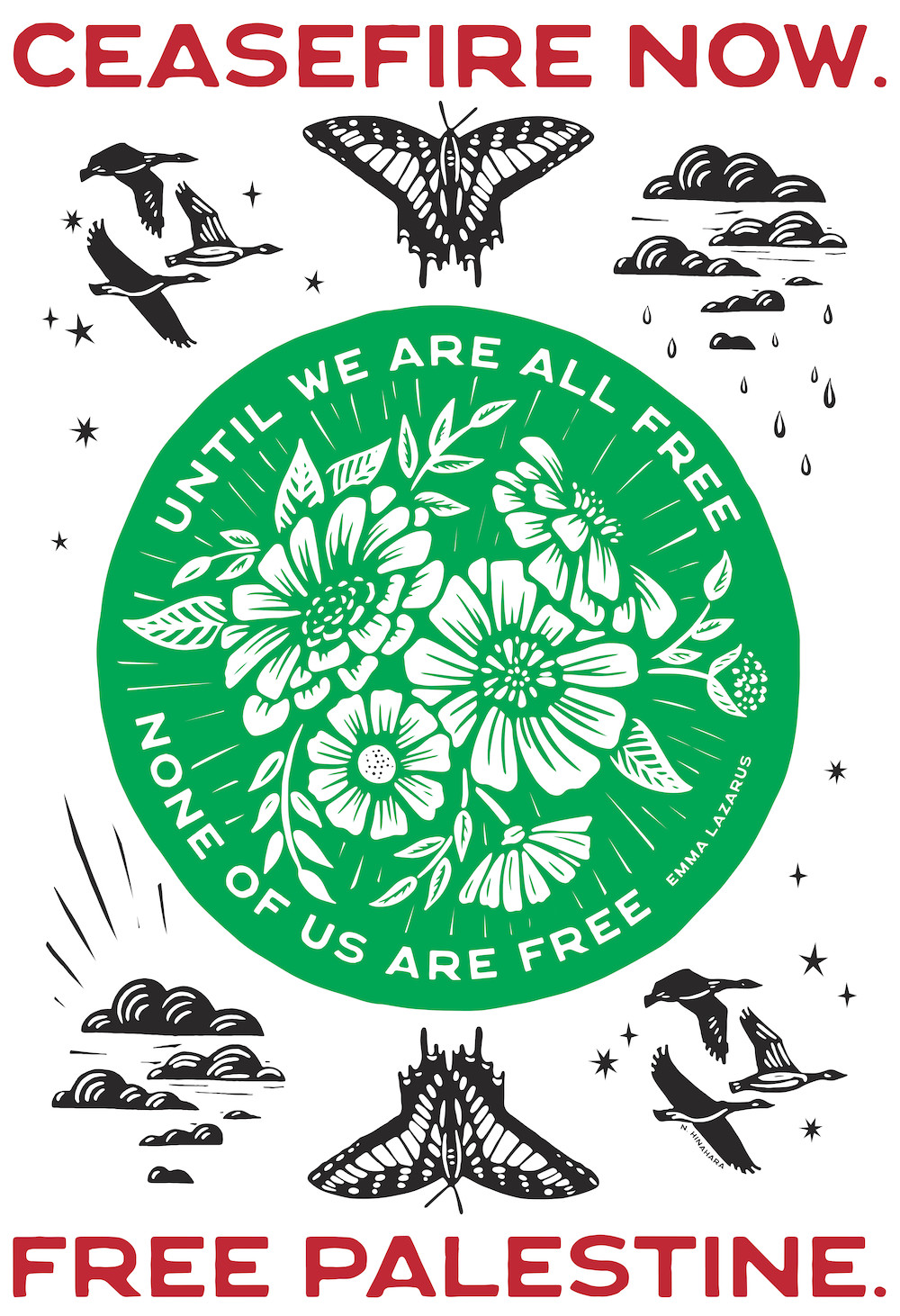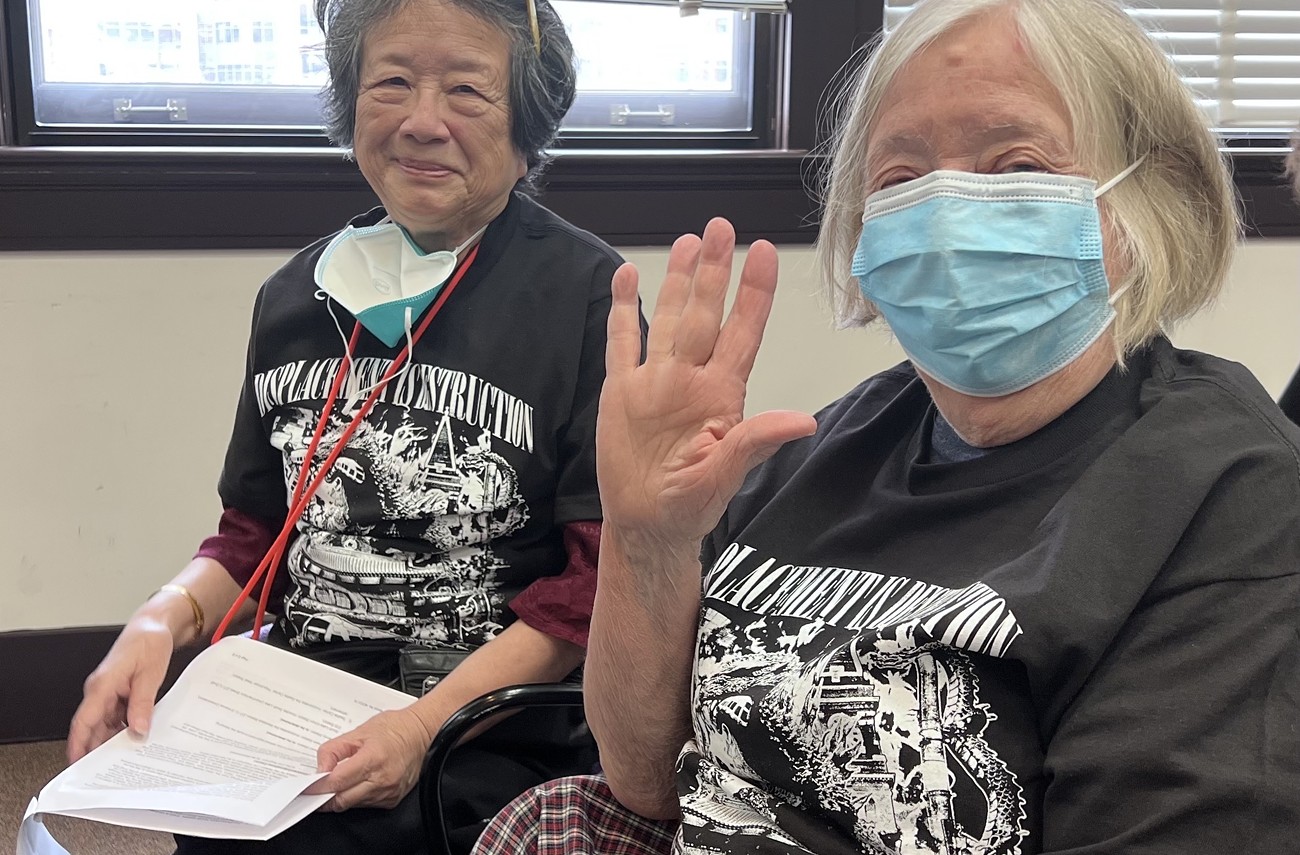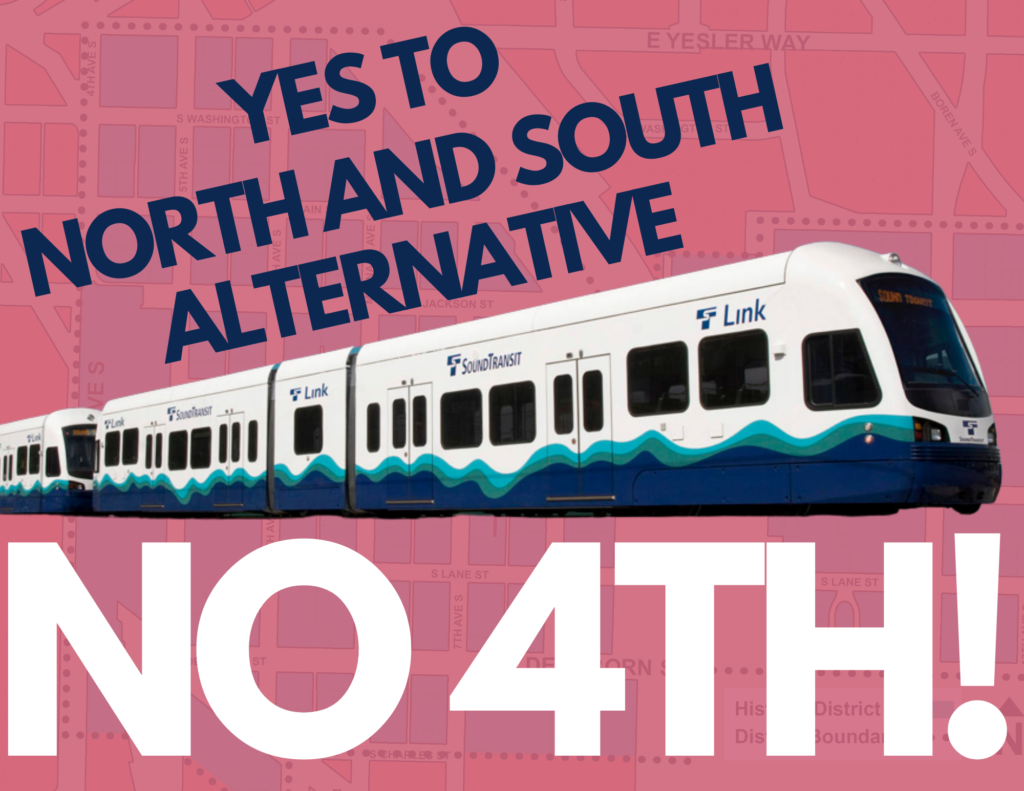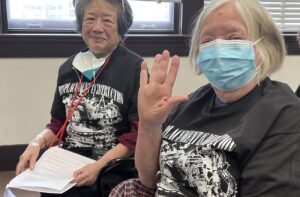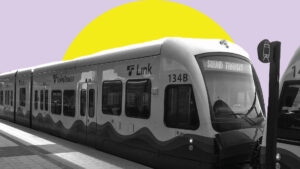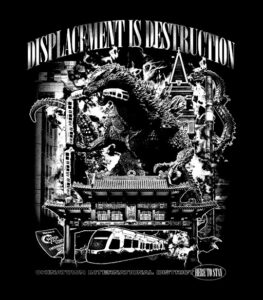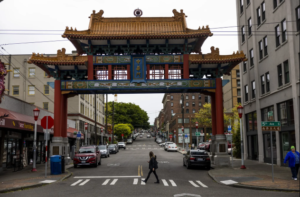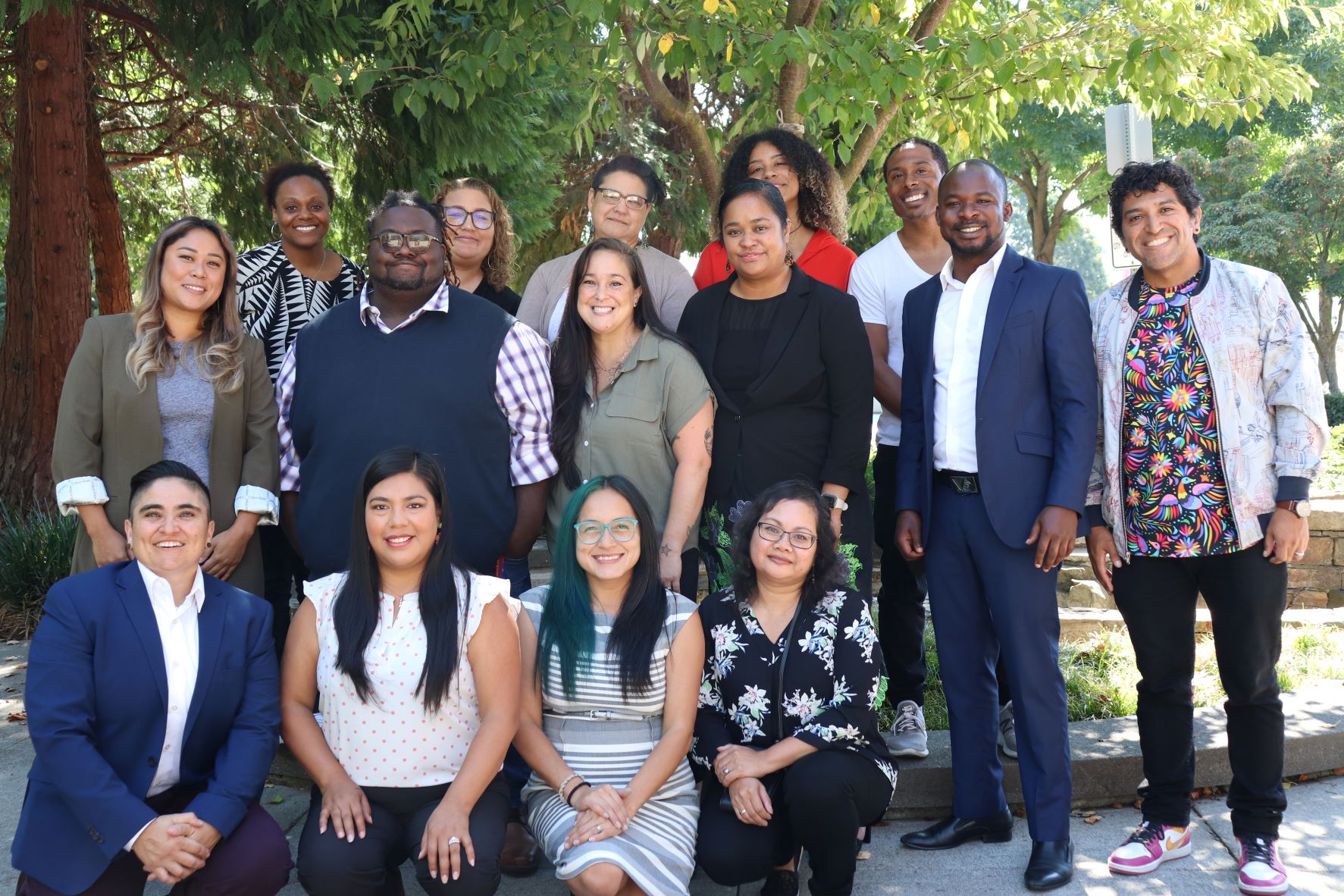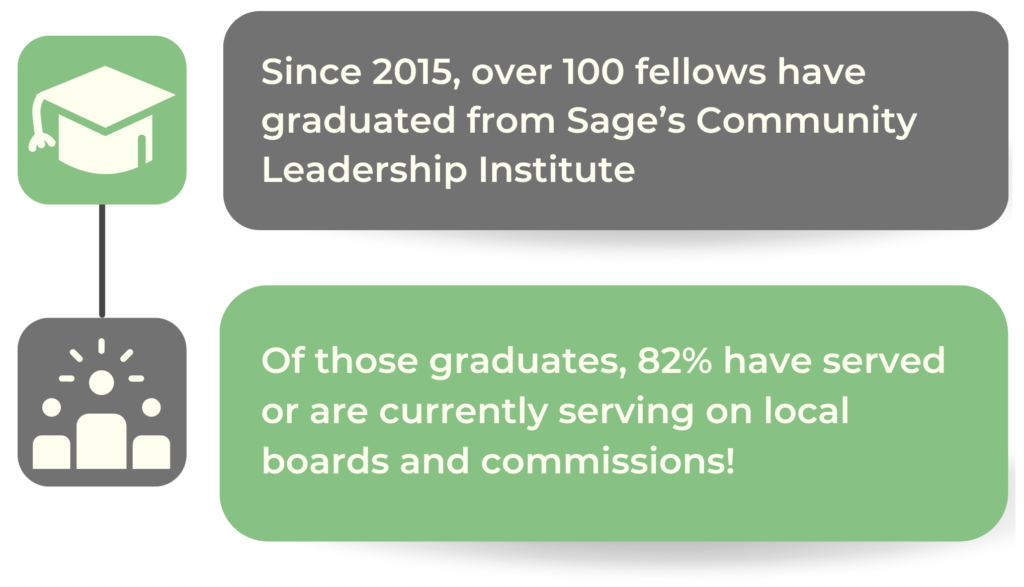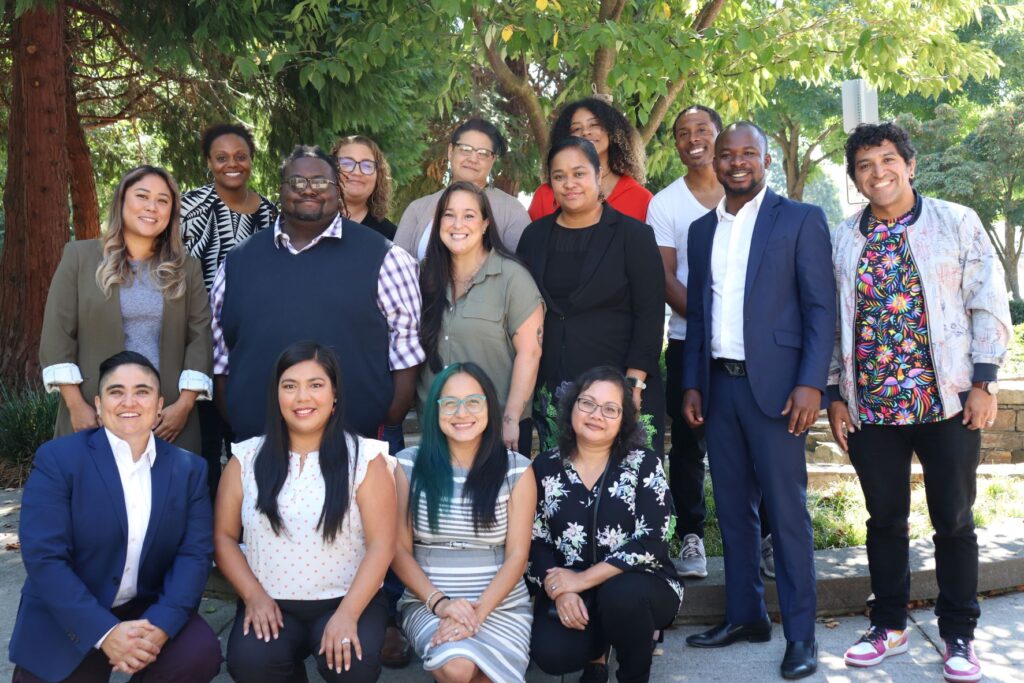originally published on Jan. 26, 2023
Happy New Year to dear friends and community of Puget Sound Sage and Sage Leaders.
As we begin a year of continued focus on advancing a living economy in our region, we have some important news to share. Puget Sound Sage has always been a place where shared leadership is a core value: as a practice of building consensus in community, a way to share power in coalition, and as a natural way of working and being for our predominately Black, People of Color and queer staff.
It is with a heavy heart that we share the departure of our Co-Executive Director of Policy and Programs, Fernando Mejia Ledesma, who has helped contribute to our understanding of shared leadership, the power of grassroots organizing and equitable policy impacts at local and statewide levels. Our board and Executive Director, Christina Shimizu, will work with staff and in community to continue our focus on building a stronger and more just region where Black, Indigenous and People of Color (BIPOC) workers, families and communities thrive and live in sustainable relationship with our land.
We are grateful for Fernando’s time with Sage and ask that you please join us in wishing him well in future endeavors.
Program Updates
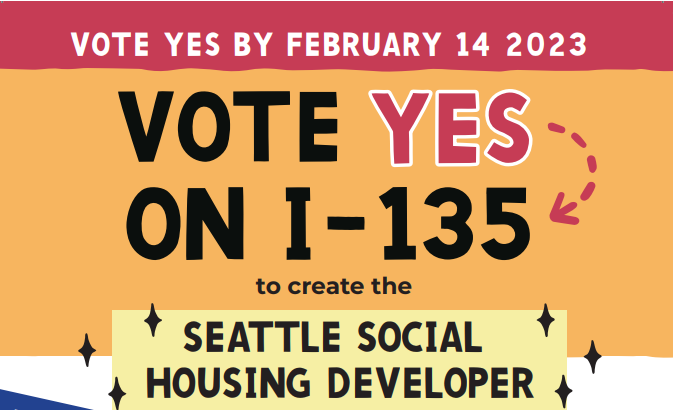
There’s a special election in Seattle – don’t forget to Vote YES on I-135 by February 14th!
I-135 is an opportunity for Seattle to expand our housing solutions in way that builds permanently-affordable, multi-use, community-led, and publicly-owned housing developments that would serve our BIPOC communities. Social housing in Seattle will bring more stable housing options for renters in ways that align with our shared principles for Community Stewardship of Land.
Ballots should be arriving in mailboxes this week, and must be sent in by February 14th – make sure you and your friends and family don’t miss it!
You can read more about the ballot initiative here, and, if you’re a Seattle resident, please sign this pledge card saying you commit to voting YES on the initiative in this Feb 14th ballot.
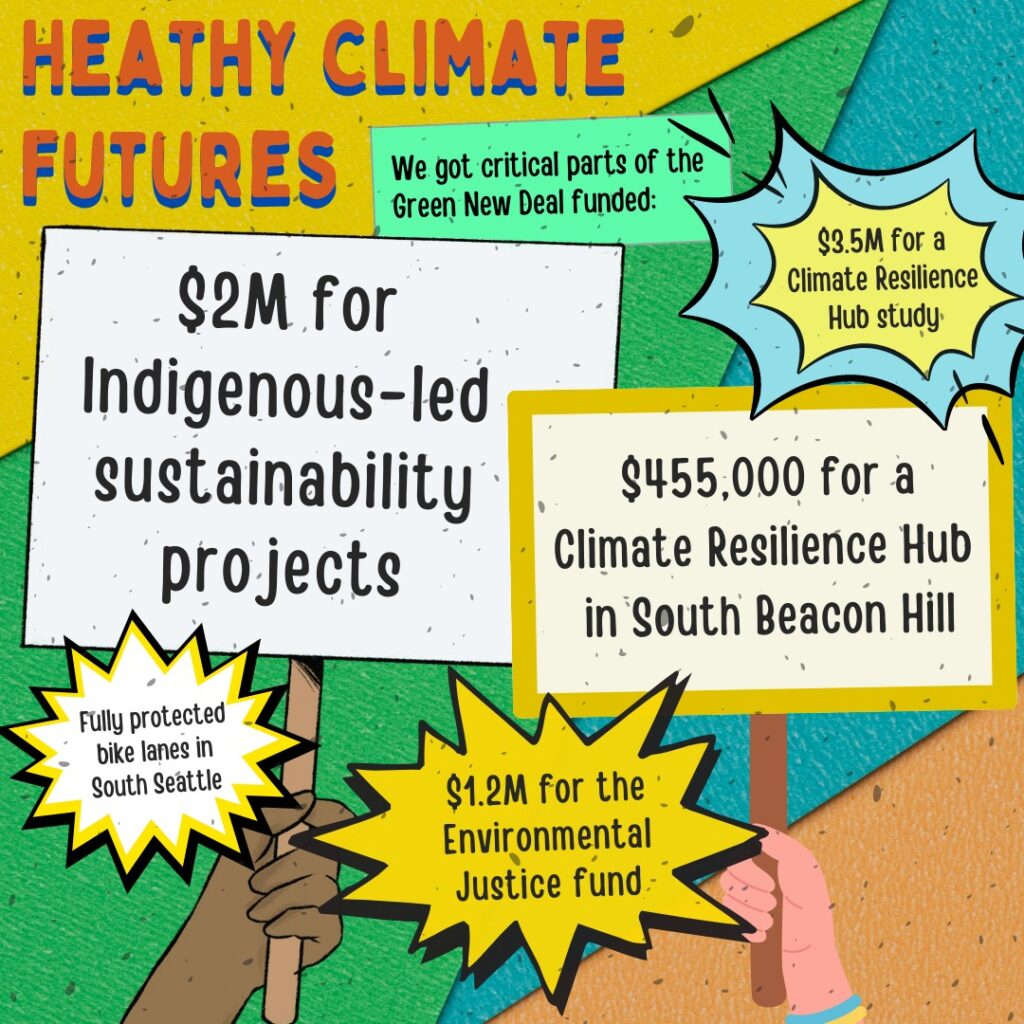
Celebrating our wins from last year’s City budget season
Puget Sound Sage would like to thank the Solidarity Budget coalition, Seattle’s Green New Deal Oversight Board, our community partners, and every single person who took action during last year’s budget season to lift up equitable development and climate resilient investments for frontline communities.
In addition to increasing funding for community-controlled development through the Equitable Development Initiative, we also got critical parts of the Green New Deal funded, including:
- $3.5M for a Climate Resilience Hub study
- $2M for Indigenous-led sustainability projects
- $455,000 for a Climate Resilience Hub in South Beacon Hill
- fully protected bike lanes in South Seattle
- $1.2M for the Environmental Justice Fund
While we fought for so much more, we also know that this is just the beginning. We are disappointed in the Mayor and City Council’s failure to demonstrate their full commitment to Black Liberation through moving away from harmful systems of policing and punishment and their failure to honor their promises on investing in community. In the next budget season, we are ready to hold Seattle City Council accountable to their commitments and protect JumpStart investments (funding that is dedicated for uplifting BIPOC communities and creating affordable housing) from getting reallocated elsewhere.
We hope you join us in continuing to build a city we can all thrive in.
Follow the Solidarity Budget coalition on Facebook to receive updates on future actions!
photo by Solidarity Budget
In the News
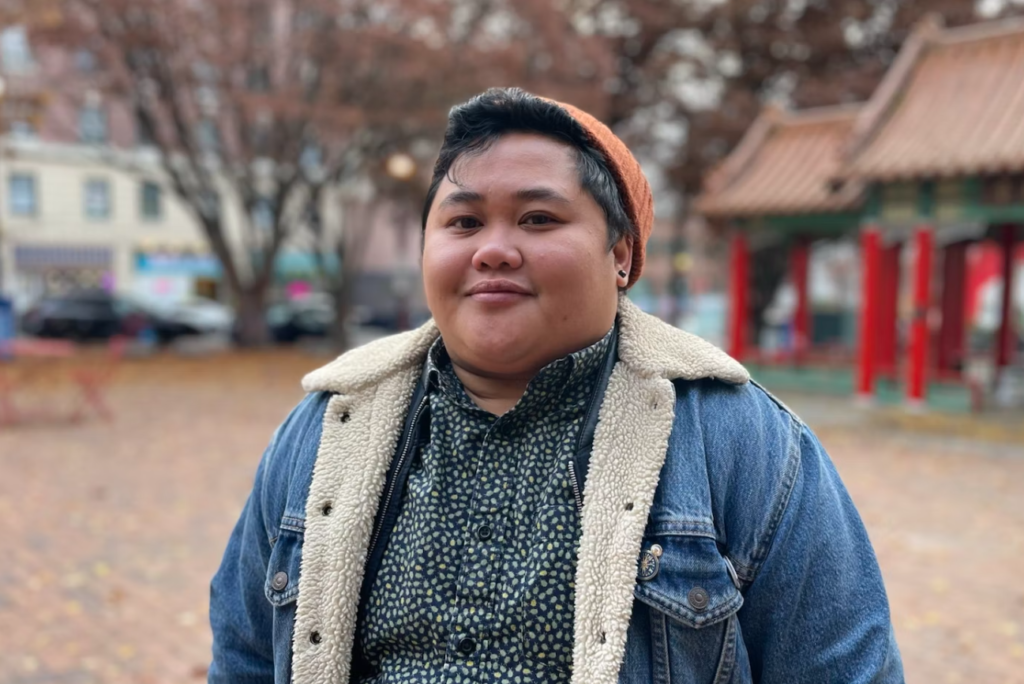
How to create community out of a bunch of buildings: The Ripple Effect
From KUOW: “I also found a group called Puget Sound Sage, that’s trying help people use their voice to build up communities.
“Displacement as a human condition – it puts people in constant distress and constant survival mode. And it’s hard to dream and imagine,” said Ab Juaner, the group’s program manager for equitable development.
Juaner said people know what their communities need. What they lack are resources. Puget Sound Sage tries to bring those together. “We’re looking to really figure out what it would take for communities to control development in their neighborhoods.”
In practice, that means helping groups of people at risk of displacement purchase land, and then letting them democratically decide what to build on that land. “Because we want to see them imagine themselves living and working and thriving in place, and it needs to start now,” Juaner said.”
Read more
Staff Updates
We are pleased to introduce three new staff members who joined Sage this month – JM Wong, Alisa Lee and Francis Abugbilla!
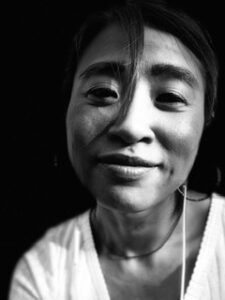 JM Wong (they/them) is Puget Sound Sage’s Organizing Director
JM Wong (they/them) is Puget Sound Sage’s Organizing Director
JM is a community and workplace organizer originally from Malaysia/Singapore and many cities in between. They have found home on Coast Salish lands, Seattle, and has since been active in many grassroots campaigns organizing against state and workplace violence. They are excited to join Sage to support ongoing efforts to organize alongside grassroots Black, Indigenous and People of Color communities for climate, land and worker justice, and to be part of a dynamic team organizing at the intersections of racial and gender justice, queer liberation and class struggle.
What are you most excited about your time at Puget Sound Sage? “I am excited to be part of a dynamic network of BIPOC folks that are organizing for our own communities’ self determination and power, and push back against the forces of disaster gentrification and at the ruling class’ attempts to create the world after their own image. I’m also excited to learn with and from the brilliance of our working class communities in all the various arenas of struggle.”
What are your favorite foods? “I live my best life enjoying a hearty filling of roast duck meat from Tong Kiang in Chinatown International District, juicy burgers from Lil’ Woodys (Fig on a Pig) and affordable fresh sashimi from Maruta Shoten in Georgetown.”
What matters to you? “I ground my work in the world with the people and creatures that I love. I am grateful to have a sweet community, family and partner, people who remind me of the power of love, humility, and necessity for courage and determination to fight for the well-being of our elders, our children, the animals that nurture us, and the earth. I thank them for investing in my life journey and aim to pay it forward with folks in my communities.”
 Alisa Lee (she/her) is Sage’s Electoral Programs Manager
Alisa Lee (she/her) is Sage’s Electoral Programs Manager
Alisa’s work will support leadership development and candidate trainings as she works to uplift community representation in government. She brings many years of experience to this role from being a campaign and program manager as well as an organizer.
Before coming to Puget Sound Sage Alisa worked at Asian and Pacific Islanders for Civic Empowerment, (APACE) and has also been involved with the Washington Voting Justice Coalition. She has a background in campaign management and has experience facilitating and building out candidate trainings, as well as organizing in-language voter outreach programs.
What are you passionate about? “As cheesy as it may sound, I genuinely want to make the world a better place. I believe that work can be done through both large projects and small every day actions. I spent a few years after college working as legal assistant on criminal defense cases and it really opened my eyes to the injustices that are still a part of our society. It’s important to me to work to address these things in the hopes that we will leave behind a better world for future generations.”
What are you most excited to work on this year? “I am really excited to assist with candidate trainings and leadership development! Running for office is a lot of work and I want to help make it a more accessible process by breaking down important steps candidates can take to pace themselves and plan for success . There’s things you can do as early as two years before you run that can increase your chances of success. It’s not knowledge that’s well known and sharing this information is key if you want to make politics a process that’s opened to everyone.”
What are your hobbies outside of work? “In my free time I enjoy getting creative with different mediums like resin, acrylic and watercolor. I am part of a BIPOC centered market in Tacoma that vends outside during the summer. It’s a really lovely way to meet community members and add some more beauty to the world.”
 Francis Abugbilla (he/him) is Sage’s Community Leadership Institute Program Manager
Francis Abugbilla (he/him) is Sage’s Community Leadership Institute Program Manager
Francis’ work will involve managing the Community Leadership Institute Program in order to build the capacity of leaders, deepen democracy, and economically empower marginalized communities in Washington State. He has many years of experience in community organizing, human rights advocacy, and teaching across continents.
Prior to this position, Francis worked as the Diversity, Equity, and Inclusion (DEI) Coordinator for the University of Washington Sustainability Office and the Campus Sustainability Fund and served on the University of Washington Henry M. Jackson School of International Studies’ Diversity Committee where he made significant contributions to diversity and equity initiatives.
What was your first impression of Sage? “I was invited to the CLI fellows’ graduation ceremony in 2019 and listening to the transformative impact that the program had on the lives of the fellows, I saw myself being of the Sage team and contributing to this important work in advancing social justice and equitable development.”
What are you most excited for during your time with Sage? “It is a great opportunity to be part of an amazing team of change-driven individuals who are committed to undoing systemic structures that have excluded the voices of many people in the decision-making processes in Washington State and beyond. I am truly excited to lead the program planning and execution, program strategy, and the expansion of the CLI program across the state.”
What might someone be surprised to know about you? “I was born and raised in a rural farming community in Ghana, that to this day, does not have access to electricity. In 2018 and 2019, I received a grant, fundraised, and provided solar electricity to the community basic schools. Children in Ghana start school at the age of six, but I started after age eleven because I had to take care of the family cattle and eventually becoming the first in my family and third in the community to obtain a college degree. My experience has taught me to be a voice for the voiceless and an agent of positive change in society.”
Community Corner
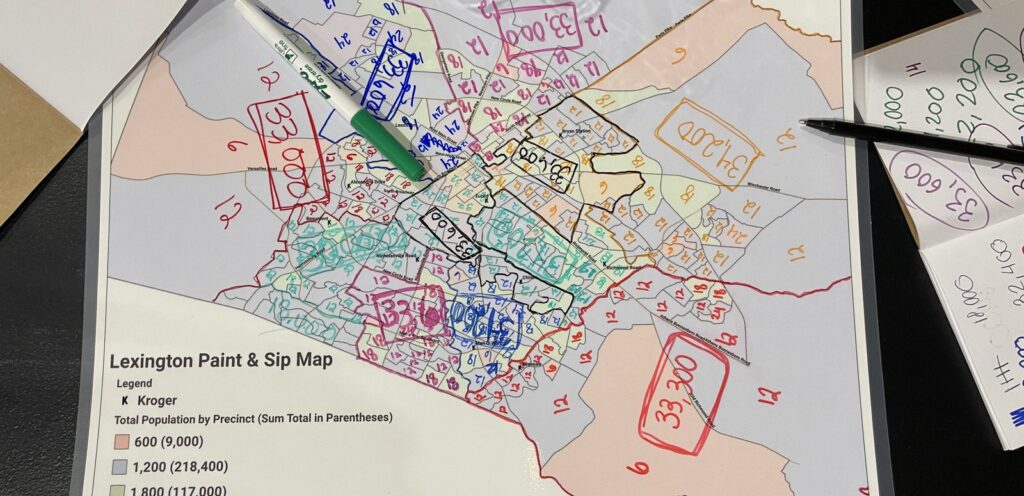
Revitalizing Civic Engagement through Collaborative Governance: Collaborative governance—or “co-governance”—offers an opportunity to create new forms of civic power. This report offers lessons from across local, city, state, and federal policymaking and highlights effective models of co-governance from community leaders and those in government.
Community Land Trusts Build Climate-Resilient Affordable Housing “Storms are nature’s way of causing gentrification,” so one couple bought property damaged by Hurricane Irma and placed it in a public trust.
How WA’s legislature is addressing the housing crisis in 2023. Lawmakers aim to tackle housing costs from all angles, including construction, subsidized housing, homeless services, zoning and renter protections.

